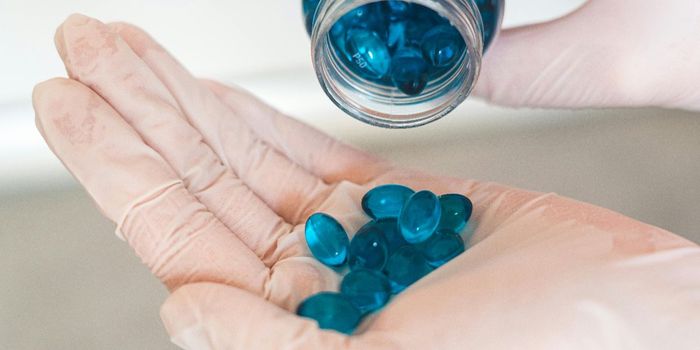A Monitoring Device That Could Predict Unexpected Death
According to a 2013 study on patient safety, approximated 400,000 people die prematurely in hospitals each year. Premature deaths in hospitals result from sudden medical events like respiratory failure or cardiac arrest.
A new device that could predict these outcomes up to six hours before they happen has just been approved by the FDA. It's the first device of its kind to be cleared by the FDA, and it's made by a company called Excel Medical. Dubbed the WAVE Clinical Platform, it uses algorithms based on patient vital signs to calculate the risk of an upcoming sudden event that could be fatal.
The WAVE Clinical Platform is worn by the patient and is always on. It can remotely monitor and display medical data in a near real-time manner. One of the benefits is that the system works across several platforms. Data recorded on the patient device can be shown at monitoring locations on the nurses' station in the hospital, on mobile devices and even within the patient's electronic medical record.
Fluctuations in blood pressure, respiration or heart rate, are continually monitored by the system and the data is fed through a series of predictive algorithms. The software can predict when a patient begins to deteriorate based on these vital signs and will alert medical staff up to six hours before an unexpected death may have occurred. The algorithm, called Vensenia Safety Index, was developed not to just collect single pieces of data, but rather to aggregate the data and analyze the relationship between more than one vital sign. It's in this way that the system can predict risk because an unexpected death is almost never the cause of one system, but rather a combination of symptoms and signs.
In an interview with Gizmodo, Excel Medical's chief strategy officer Mary Baum explained, "The typical rapid-response team in a hospital today gets about 15 minutes. It takes you 10 minutes to get to the floor. Now I have five minutes to make a difference in your life. [But] if I can give you six hours... could we intervene in a productive way and be able to change the outcome? It's not just raw data. You see the trend and the correlation between the data. There are not singular data points. So the algorithm is about the correlation between the data points."
In clinical trials, the system was used in a group of hospitalized elderly patients at the University of Pittsburgh Medical Center. In the group that did not have the WAVE system attached, there were six unexpected deaths. In the group of patients who were using it, there were zero unexpected deaths. In a press release, Lance Burton, General Manager of Excel Medical stated,
"Everything we do as an organization aligns toward and supports the goal of eradicating unexpected deaths in hospitals. People may say zero unexpected deaths is unattainable. We say anything other than zero is unconscionable."
The company hopes to go further with the technology to have wearable devices that patients can use outside of the hospital setting. In the meantime, check out the video below for more information on the system.
Sources:
Journal of Patient Safety, Excel Medical Gizmodo, Healthcare Analytics News









